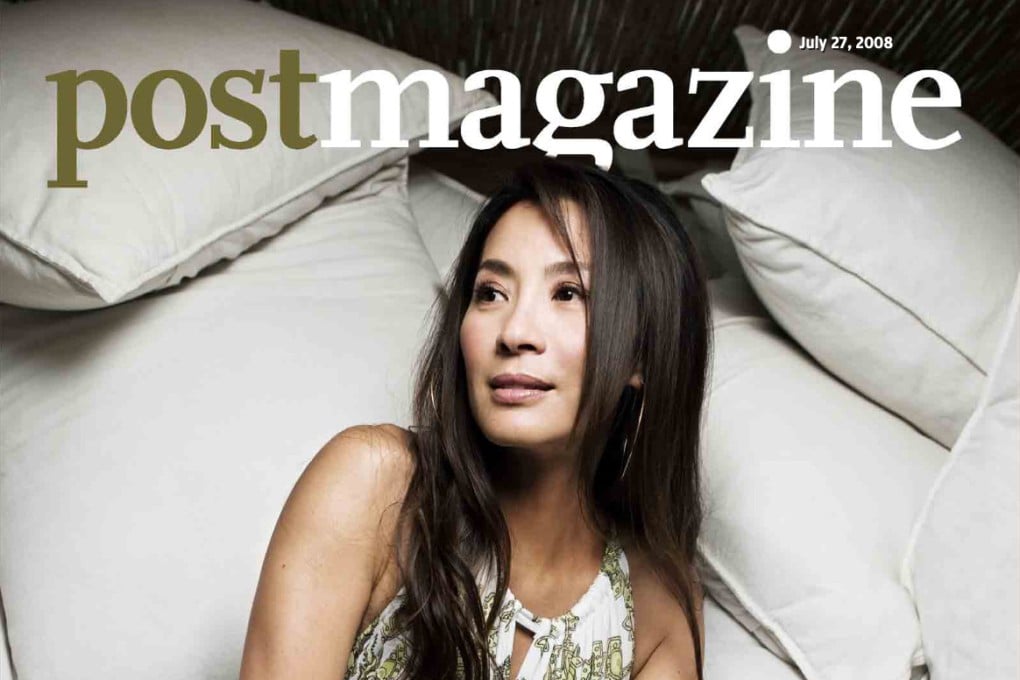Then & Now | Behold PostMag, the latest evolution of SCMP’s weekend supplement, revamped to reach today’s readers
Change is nothing new here – launched back in 1989, the Post’s iconic Sunday magazine has morphed again and again to meet the needs of an evolving readership

Perhaps to the surprise of some readers, today’s PostMag has been in continuous publication since 1989, albeit with changes to name and format sizes. Long-term fans may remember the first version, M magazine, which appeared from October 1989 to September 1993. The very first cover article related the stories of people still trapped in the wreckage of the stock market crash of 1987.

From September 1993 to December 1996, the name shifted to Sunday Morning Post Magazine, and from January 1997 to last week’s issue, Post Magazine was in place.
Over time, as the readership has changed, so has the content of the magazine.

Back in the 1990s, Hong Kong’s resident European population made up the general anticipated readership. Although the main features displayed a set of concerns – regarding the city, region and wider world, in descending order of importance – that would be familiar to readers today (and as you’d expect from a newspaper’s weekend supplement), an expatriate-dominated set of thematic interests and preoccupations tended to prevail in shorter articles related to openings and other local developments, at least until around the July 1, 1997 handover.

But that was a reflection of life in late-colonial Hong Kong; in much the same way that newspapers are considered the first draft of history, weekly magazines are a bellwether of what was considered of interest at that time, and offer an increasingly valuable historical record of steadily receding times.

As the big day approached, for example, popular column Devil’s Advocate, in which opposing views on a specified topic were set side by side, posed the question, “Is it worth staying in Hong Kong for the handover?”
Arguments for included: “How to countenance […] upping and leaving at this defining moment, this historic milestone, this final and dramatic elegy for an empire, this reddening of the East, this (please insert hyperbole of choice)?”

Against: “As most people have strangely convinced themselves that it is the done thing to stay here so that they can bore their grandchildren with fuzzy memories of one humid night at the end of the 20th century, there’ll be few queues at the [airport] check-in counters. Which sounds blissful to me.”


